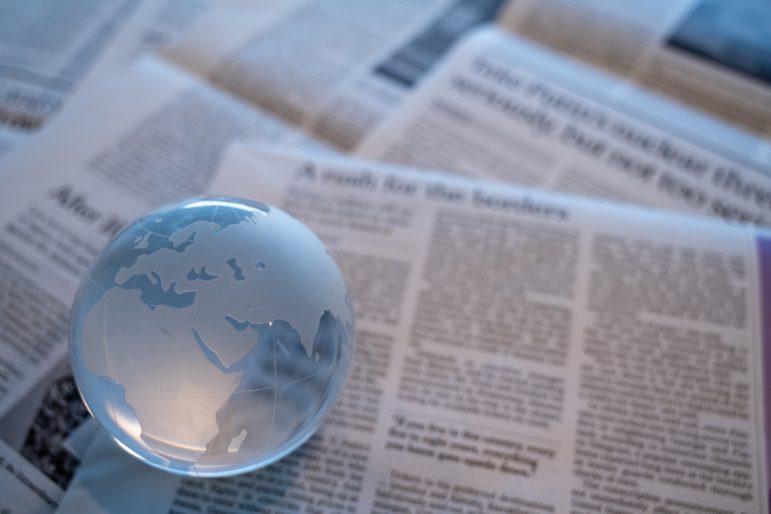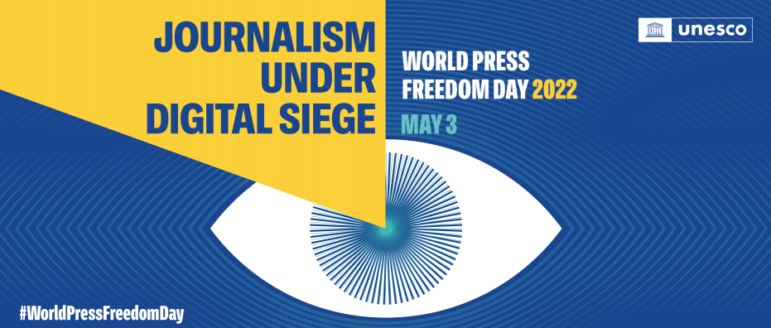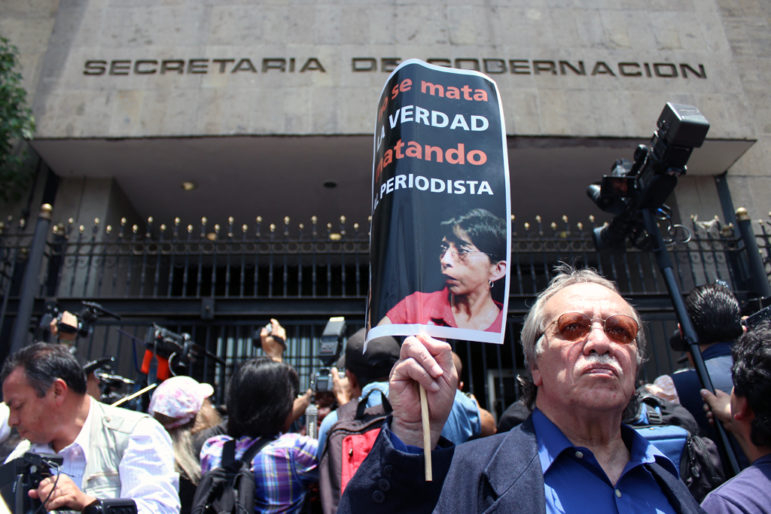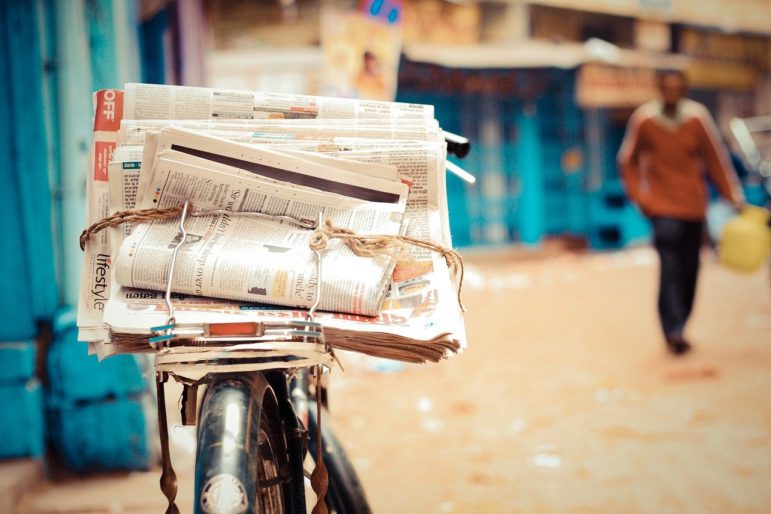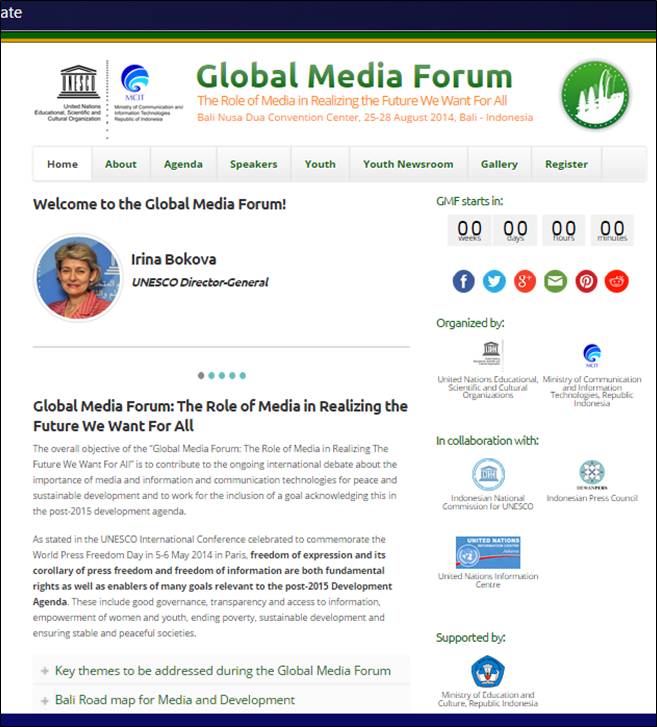

Media, UNESCO Call for Free Press in Global Development Agenda
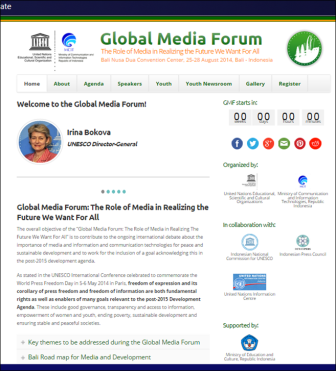 Behind the scenes, proponents of freedom of expression are working to ensure that independent media is for the first time a priority in the global development goals set by the UN and its member states. As part of that push, last week more than 300 representatives from media NGOs, journalist unions and associations, civil society groups, governments, and international agencies gathered for The Bali Media Forum organized by UNESCO.
Behind the scenes, proponents of freedom of expression are working to ensure that independent media is for the first time a priority in the global development goals set by the UN and its member states. As part of that push, last week more than 300 representatives from media NGOs, journalist unions and associations, civil society groups, governments, and international agencies gathered for The Bali Media Forum organized by UNESCO.
The three-day meeting, on August 26-28 in Bali, Indonesia, ended with a clarion call to make access to information and free media a development priority.
Titled the Bali Road Map: The Roles of the Media in Realizing the Future We Want for All, the document emphasizes the “importance of including a goal on freedom of expression and independent media in the post-2015 Sustainable Development Goals and of including this recognition in development practice more broadly.”
Agreed to in 2000, the UN Millennium Goals comprise an ambitious agenda to improve quality of life around the world, focusing on such issues as poverty, gender equality, and education. The goals — many of them unfulfilled — expire at the end of 2015, and debate is growing about how to focus the next set of development initiatives.
The Bali Road Map details actions for governments, media outlets, media professionals, users, and the international community. Among the actions called for are for governments to:
- respect freedom of expression, including press freedom and the right to seek and
receive information, as fundamental rights as well as enablers of the post-2015
development agenda; - review legal restrictions, including criminal defamation laws on media and other restrictions on media content;
- reconsider cases of imprisoned journalists in the light of international standards and
human rights; - avoid the use of state economic levers to undermine media freedom, independence
and diversity; - systematically collect and make accessible to the public information related to development, while protecting privacy;
- make concerted efforts to ensure that those involved in production of journalism can work without fear or risk of attack.

The full Bali Road Map statement, calling for independent media to be a priority in new global development goals.
UNESCO Director-General Irina Bokova noted that the free flow of information is needed for development. “Freedom of expression is essential to dignity, democracy, sustainable development, dialogue peace and tolerance,” she told the forum. “Information and knowledge hold the key to crafting the future we want for all.”
Freedom of expression advocates say the joint statement is an important step forward. Among them is Caroline Giraud, coordinator of the Global Forum for Media Development (GFMD), an association of 139 NGOs working to develop independent media in some 80 countries (of which GIJN is now a member). GIJN asked Giraud the implications of the statement and what comes next:
“The road map is a new reassurance that a UN body sets high the role of media for the post 2015 development agenda. It advocates per se for what 250 civil society groups have been voicing out with the GFMD and Article 19: that free media and access to information matter for development, and that a free media and access-to-information targets are measurable, and in fact, already measured by multilateral bodies.
“This is a strong message that we will relay — and ask the media to relay — as part of our advocacy campaign within the UN. It also helps raise awareness in the public space and with decision-makers. There is still a year to go of negotiations on SDGs (sustainable development goals) and the post-2015 agenda, and there is still much space for change. Such a commitment by UNESCO makes it more difficult for those who refuse to listen to civil society to exclude any reference to media and access to information, as if they were not grounded in this discussion.
“Spread the word!”





